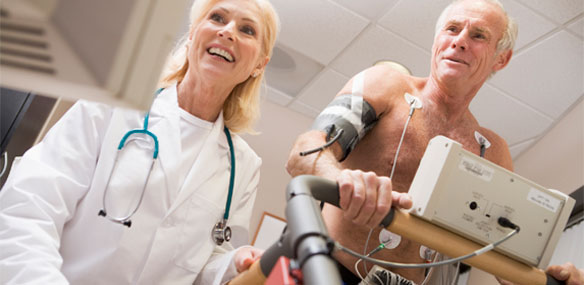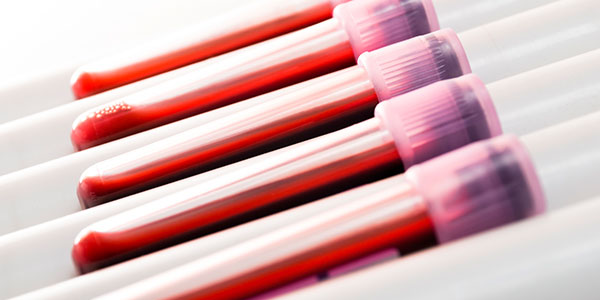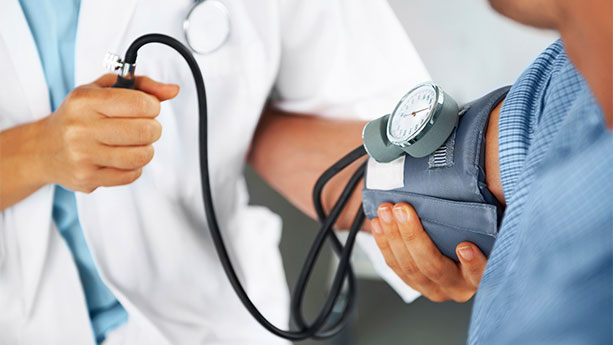Most heart problems can be treated through procedures or lifestyle changes, but effective treatment relies on an accurate and timely diagnosis. The Sutter network offers a wide range of medically recognized diagnostic methods and technologies to identify the type and location of your heart condition.
Catheterization Labs
Procedures and tests performed in our cardiac catheterization lab include angiography, specialized cardiovascular imaging, stress tests and heart rhythm monitoring.
- Angiography — An angiogram can be used to diagnose heart disease, arrhythmias and other heart conditions. Different types of angiography tests include coronary, aortic, left heart ventricular and magnetic resonance.
- Cardiovascular Imaging — To view the heart, veins and arteries, doctors use tests such as a heart MRI, heart CT scan, echocardiogram, or intravascular ultrasound. Some imaging tests for the heart use a small amount of radioactive tracer, such as nuclear ventriculography and Single Photon Emission Computed Tomography (SPECT).
- Stress Tests — By comparing the electrical activity of the heart before, during, and after physical exercise, your doctor can determine how well the heart muscle is functioning during increased stress. Tests include an exercise or treadmill stress test, nuclear stress test and stress echocardiogram.
- Heart Rhythm Monitoring — An include electrocardiogram (EKG), holter monitor, loop recorder and syncope fainting tile table test can be used to diagnose irregular heart rhythms.
Electrophysiology Studies
Our electrophysiology lab is dedicated to advanced technological procedures that are used to study the heart's electrical function. Using an electrode catheter, lab technicians can diagnose arrhythmias and other heart abnormalities.














